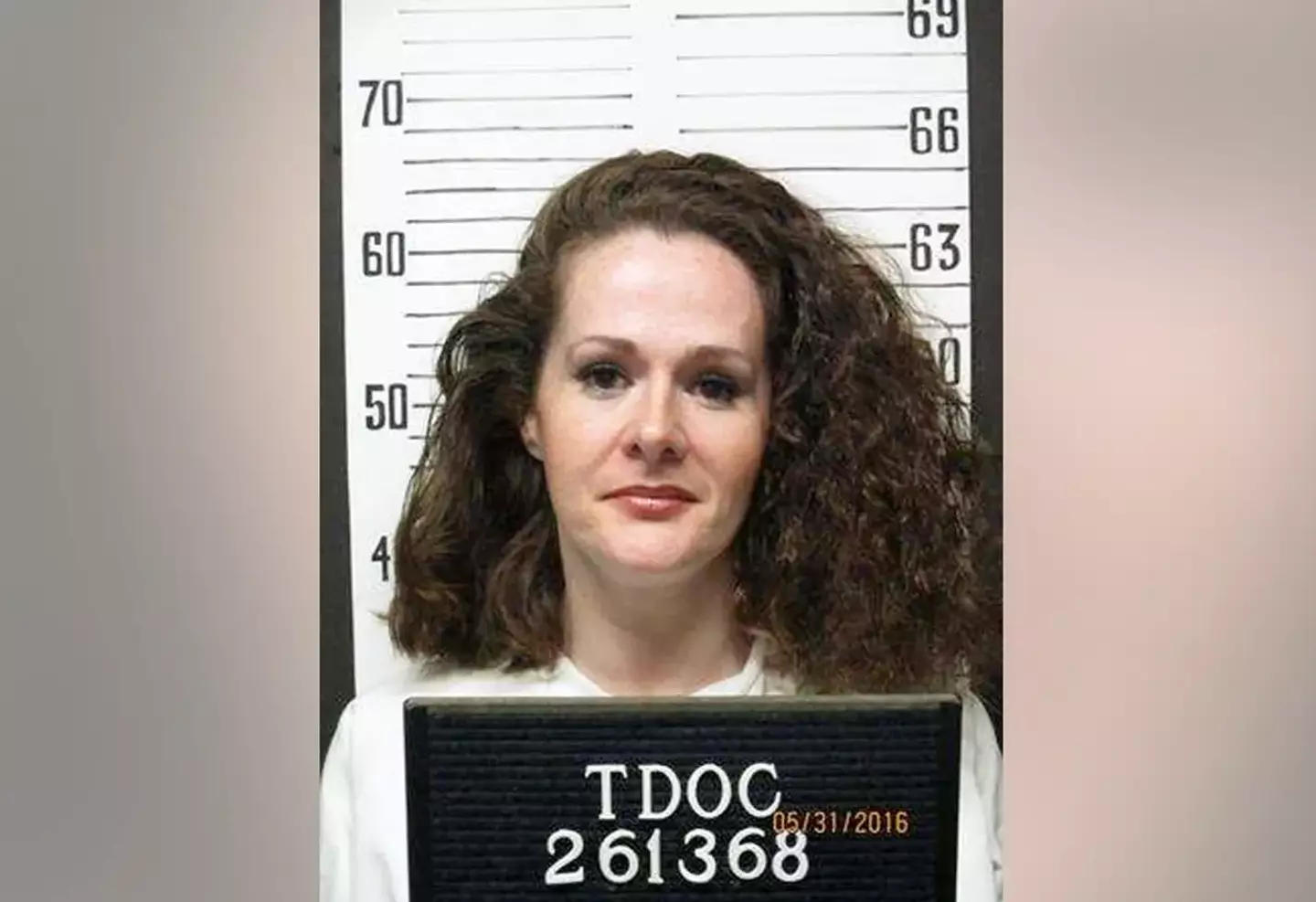Tennessee is preparing to execute a woman for the first time in two centuries.
Since Donald Trump’s re-election in January, there has been a notable increase in executions across the United States.
The president is advocating for the restoration of the death penalty in various states, and recently suggested its return in Washington DC following its abolition in April 2023.
Trump asserts that reinstating the death penalty serves as a ‘preventative’ measure due to what he describes as increasing crime rates in the capital.
As of September 30, there have been 34 executions in the US in 2025, with several more planned for the future. Among those scheduled for 2026 is Christa Gail Pike.

At 49 years old, Pike was convicted of murdering Colleen Slemmer in 1995 when she was just 18.
Pike, along with two accomplices, lured Slemmer into the woods in Knoxville where she was brutally attacked. Allegedly, Pike believed Slemmer was attempting to take her boyfriend.
The body was discovered by a groundskeeper who mistook it for an animal carcass due to its condition, as reported by CBS News.
Pike infamously kept a piece of Slemmer’s skull as a trophy, which she later displayed to classmates.
In 1996, at 20 years old, Pike became the youngest inmate on death row after being convicted of first-degree murder.
Throughout nearly three decades, she has remained the sole woman on death row in Tennessee.
Only 18 women have faced execution in the U.S. since 1976, and Pike is slated to be the 19th on September 30, 2026.
Reports from WBIR Channel 10 indicate that her execution will likely take place at Riverbend Maximum Security Institution in Nashville, where the state’s execution chamber is located.
Pike’s legal representatives have been advocating for a permanent stay of her execution, proposing instead a life sentence without parole.
They argue that, if tried today, it is improbable that a jury would sentence an 18-year-old to death.
Additionally, they emphasize that Pike’s crime was a product of a “horrific childhood,” factors not considered during her 1996 sentencing.
“Christa’s childhood was fraught with years of physical and sexual abuse and neglect,” her legal team relayed to USA Today.
“With time and treatment for bipolar and post-traumatic stress disorders, which were not diagnosed until years later, Christa has become a thoughtful woman with deep remorse for her crime.”

